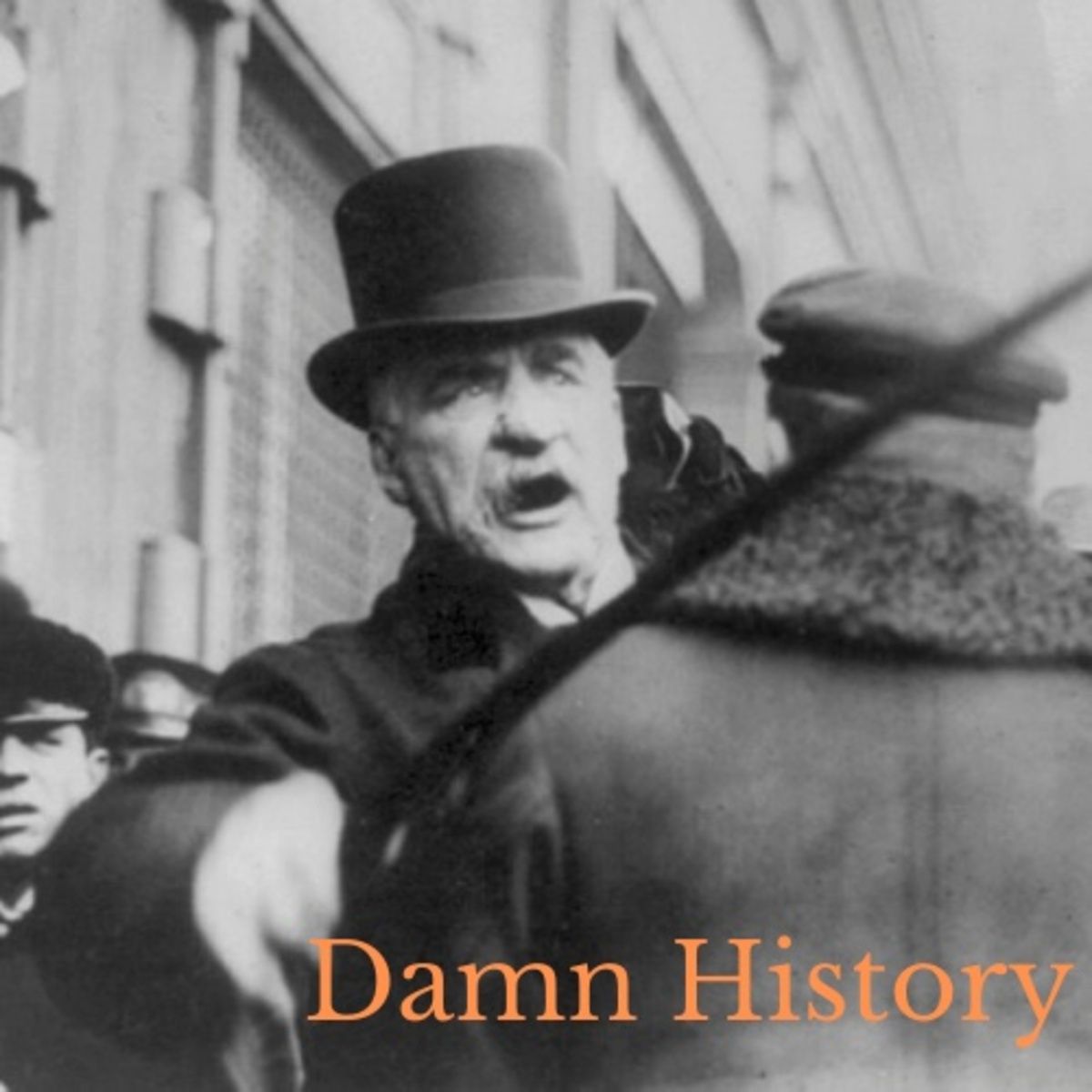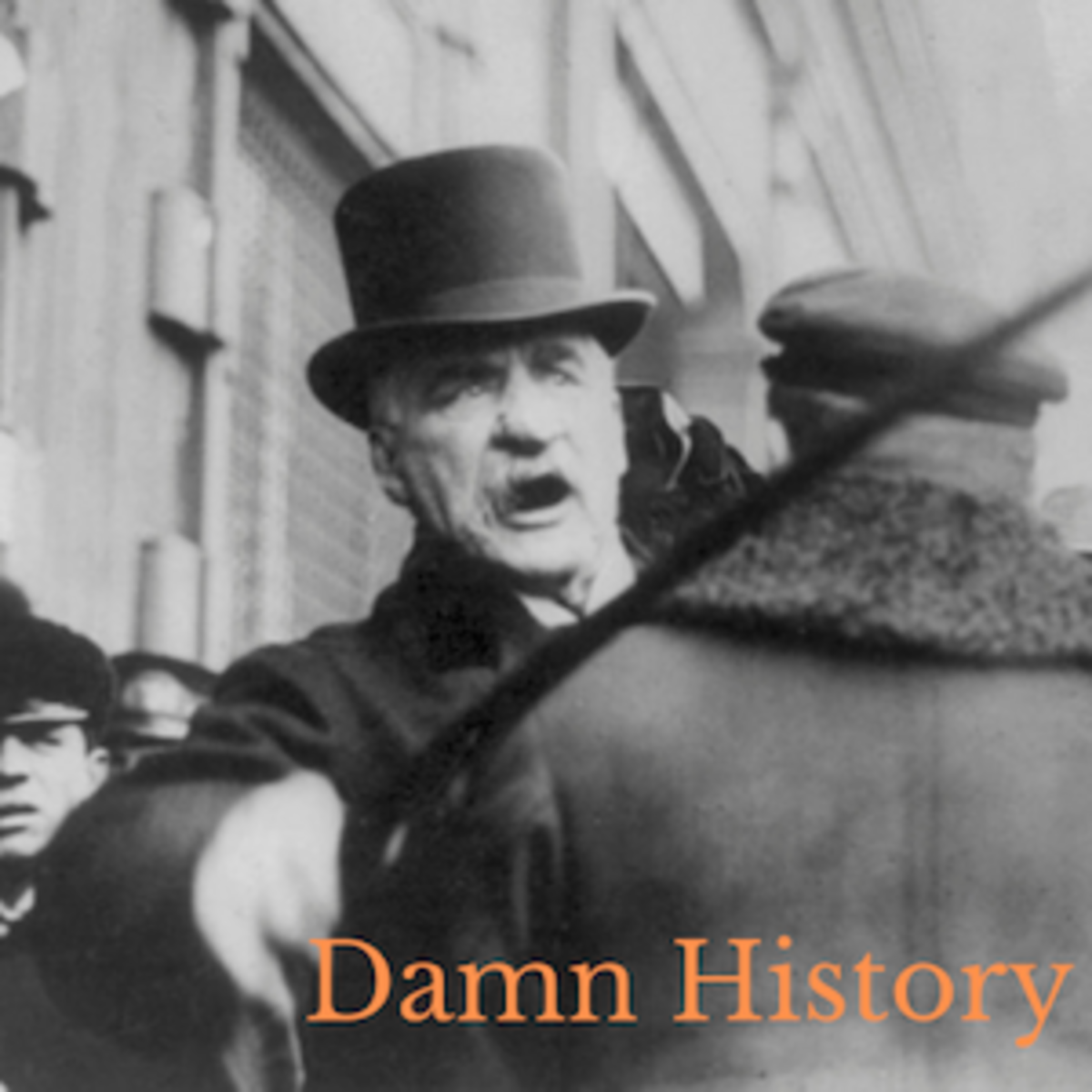
A warehouse full of IBM punchcards, US National Archives, 1959
Most readers of Damn History know the satisfactions of reading superb works of popular history. But fewer might be familiar with the thrills that come from researching and writing those works.
To tell that story, I offer Carolyn Wilkie’s fun essay from The Open Notebook that explains how the popular-history writer Melissa Sevigny became acquainted with an overlooked twentieth-century botanist named Lois Jotter and went on to write great article- and book-length works about her. It was an adventure for Sevigny, whose book Brave the Wild River is one of my favorite popular-history reads of 2025.
The rest of Wilkie’s essay gives good advice on finding overlooked historical figures to write about. That’s also a subject of Bill Wasik’s recent article for The New York Times Magazine on author Steven Johnson’s use of A.I. to discover fresh topics and approaches to writing popular history.
In Damn History you'll find, as usual, recommendations on good and popularly accessible historical reading, with tips on writing and updates on my own work.
Follow me on X at @Jack_ElHai, on Bluesky at @jackelhai.bsky.social, and on Threads at @jackelhai1.
Contact me by email at [email protected]
Personal Notes
At last coming to a movie theater near you on November 7, 2025: Nuremberg, adapted from my book The Nazi and the Psychiatrist.
My new book Face in the Mirror is now available as an audiobook, spoken by the award-winning narrator Pat Grimes.
I’m happy to announce forthcoming Ukrainian and Estonian translations of The Nazi and the Psychiatrist.
Recent Popular History from All Over
You may find some of these articles behind a paywall if you’ve exceeded the publisher’s allowance of free views.
The fate of Ben Fowler marked a low point in the history of American gun violence.
The murder of a Pullman porter in 1930 told much about the risks of his profession.
A little-remembered Nazi massacre occurred in Greece in 1941, after the Battle of Crete.
Thomas Jefferson favored permanent disfigurement as a punishment for certain serious crimes.
The Shroud of Turin may be a fourteenth-century fraud, but it’s also a cultural treasure.
A century before drones, pigeon cameras gave us a birds eye view of the world.
Nineteenth-century electroplating manuals from India often gave their instructions in poetry.
Mackinac Island in Michigan lasted just twenty years as a U.S. National Park.
The sulfurous stew that made up the air of Tacoma led the city to become a hotbed of crime in the 1920s.
More than a century after white citizens murdered dozens of Chinese immigrants in Rock Springs, Wyoming, new evidence surfaces.
The scars of historical trauma can last for generations.
Meet the man who discovered the long-hidden identity of Miss Atomic Bomb.
Resources
Have Trump Administration changes made new copyright registrations invalid?
Here’s an argument for abolishing literary prizes.
The French government withdrew an A.I.-generated history video that showed German soldiers celebrating the Allied liberation of Paris in World War II.
A newspaper book review editor reveals how he decides which books get covered.
Virginia Woolf called much of the labor of writing a biography “donkey work.”
“If they ever stop making index cards, I guess I’ll stop writing books.” – Susan Orlean
Housekeeping
To subscribe to Damn History, sign up here.
More next month, and thanks for looking. And you are welcome to forward Damn History in its entirety to anyone.
About me: I'm a history and science writer. I've contributed hundreds of articles to such publications as Smithsonian, The Atlantic, The Washington Post Magazine, Wired, Scientific American, Discover, GQ, Longreads and many others. My books include The Lost Brothers: A Family’s Decades-Long Search, The Lobotomist: A Maverick Medical Genius and His Tragic Quest to Rid the World of Mental Illness, Non-Stop: A Turbulent History of Northwest Airlines, and The Nazi and the Psychiatrist: Hermann Goering, Dr. Douglas M. Kelley, and a Fatal Meeting of Minds at the End of WW2.
I frequently give talks and lead workshops on the topics of my books as well as on the craft of nonfiction writing. To book me for your event, please contact Jayme Boucher, Hachette Speakers Bureau, at [email protected].
Please feel free to get in touch.

